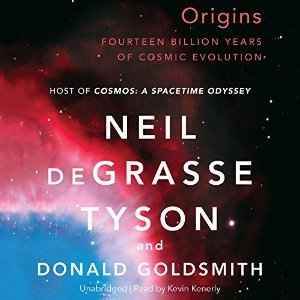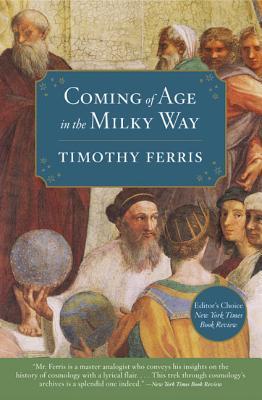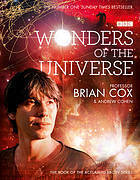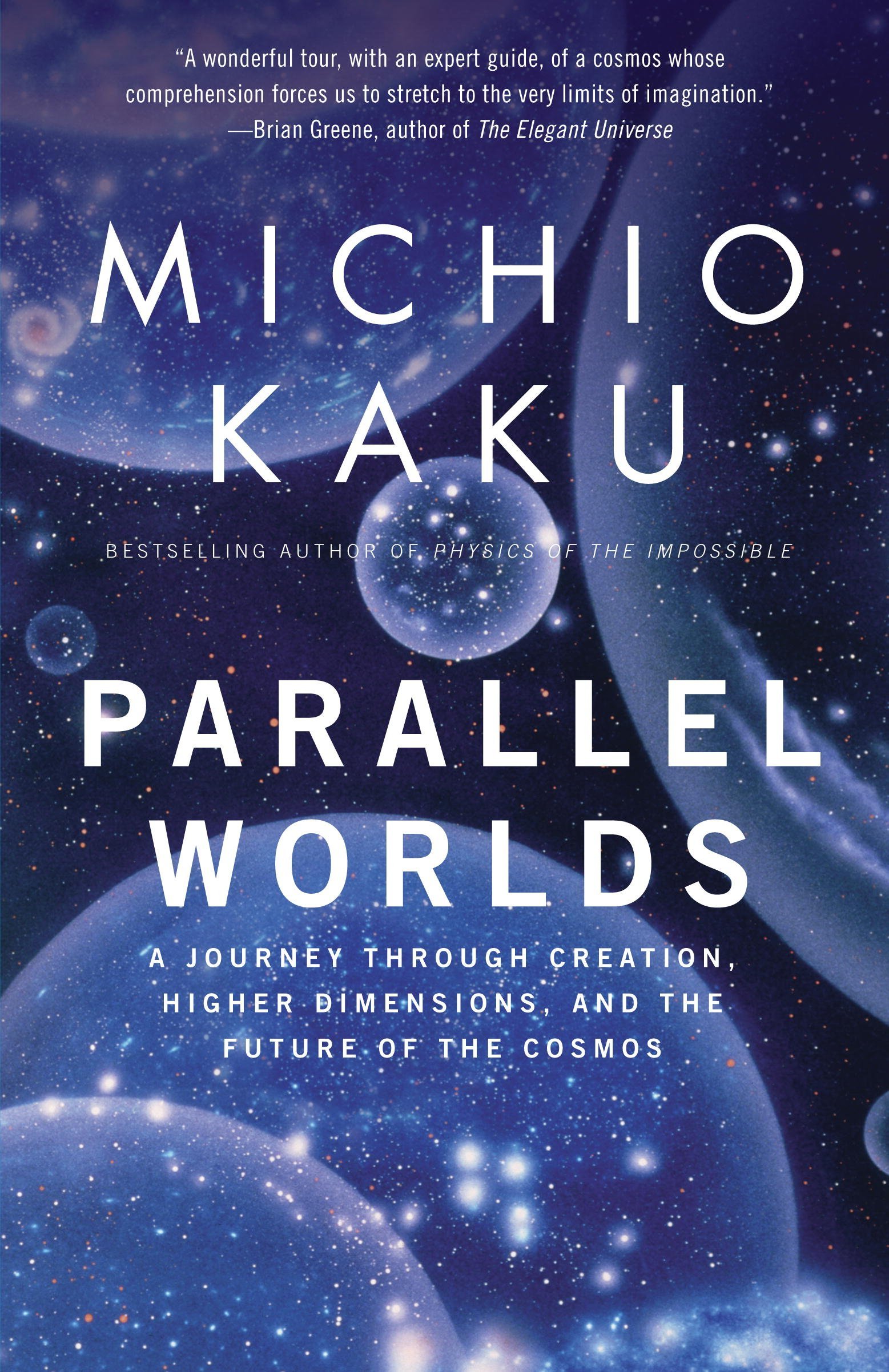![Cover of The Whole Shebang: A State-of-the-Universe[s] Report](https://images-na.ssl-images-amazon.com/images/S/compressed.photo.goodreads.com/books/1347278841i/310330.jpg)
The Whole Shebang: A State-of-the-Universe[s] Report
Book Description
Imagine peering into the cosmic abyss, where the fate of the universe hangs in the balance. In "The Whole Shebang," Timothy Ferris embarks on a thrilling journey through the vast tapestry of existence, unraveling the secrets of galaxies, time, and the very fabric of reality itself. With each page, the stakes escalate, revealing the extraordinary connections between science, philosophy, and humanity's quest for meaning in an ever-expanding cosmos. As wonders are unveiled and mysteries deepen, the question looms: what role do we play in this grand spectacle, and can we truly grasp the whole shebang?
Quick Book Summary
"The Whole Shebang" by Timothy Ferris is a sweeping exploration of the universe, examining how modern cosmology has revolutionized our understanding of the cosmos—from its explosive beginnings in the Big Bang to the mysterious prospects for its ultimate fate. Ferris skillfully blends science, philosophy, and history, bringing complex concepts like quantum mechanics and relativity to life with engaging narrative and lucid explanations. He tackles the interconnectedness of space, time, and matter, while also considering the place and significance of humanity in this vast, ongoing story. Through clear analogies and vivid description, Ferris invites readers to ponder not only the workings of galaxies and cosmic expansion, but also the philosophical implications of our place in an immense, possibly infinite universe, making profound science accessible and awe-inspiring.
Summary of Key Ideas
Table of Contents
The Origins and Structure of the Universe
Timothy Ferris opens "The Whole Shebang" by unraveling humanity’s long-standing quest to understand the universe. He traces the origins of cosmology from ancient myths and early astronomical observations to the scientific revolution, setting the stage for modern discoveries. Ferris explores how technological advancements, such as powerful telescopes and satellites, have granted unprecedented insight into the structure and scale of the universe. Theories such as the Big Bang are introduced, illustrating how matter, energy, space, and time came into existence and pointing toward the interconnectedness of all cosmic phenomena.
The Evolution of Cosmological Theories
Ferris contrasts past and present cosmological theories, detailing how shifts in perspective have disrupted and enriched our knowledge. From geocentric models to Einstein’s theories of relativity, each scientific breakthrough has expanded the scope of what we can comprehend. The narrative delves into the rise of quantum mechanics and its impact on our understanding of reality, emphasizing how science progresses through questioning, experimentation, and revision. Ferris showcases how competing lines of evidence—from cosmic background radiation to the movement of galaxies—coalesce into the modern consensus on the expanding universe.
The Interplay Between Science and Philosophy
The author emphasizes the enduring interplay between scientific discovery and philosophical inquiry. He discusses questions about the universe’s finitude, the possible existence of multiverses, and the role of physical laws. Ferris reflects on the paradoxes and limits encountered by scientists pushing the boundaries of knowledge, such as the nature of time and the origins of physical constants. By weaving in historical context, Ferris illustrates how philosophical curiosity drives scientific progress and vice versa, underscoring the necessity of both approaches in our collective quest for understanding.
Humanity’s Place in the Cosmos
Ferris considers humanity’s place in the cosmos, inviting readers to reflect on our significance within such vastness. He explores the anthropic principle, speculating on the chances of intelligent life elsewhere and our ability to comprehend cosmic mysteries. While we are shaped by the universe, our capacity for curiosity and explanation distinguishes us as uniquely reflective participants. The book proposes that science is not only a means for acquiring knowledge, but also a source for cultivating humility, wonder, and purpose in a universe that is almost unimaginably large and complex.
Unsolved Mysteries and the Future of Cosmology
Finally, Ferris addresses unresolved puzzles and the future directions of cosmology. He raises open questions about dark matter, dark energy, cosmic inflation, and the ultimate fate of the universe. The narrative discusses the limits of current technology and theoretical models, acknowledging that some mysteries may remain unsolved. Yet Ferris remains optimistic, portraying scientific inquiry as an ongoing journey. He concludes that the pursuit of understanding—embracing both certainty and doubt—enriches humanity’s role in the ever-evolving story of the cosmos.
Download This Summary
Get a free PDF of this summary instantly — no email required.





